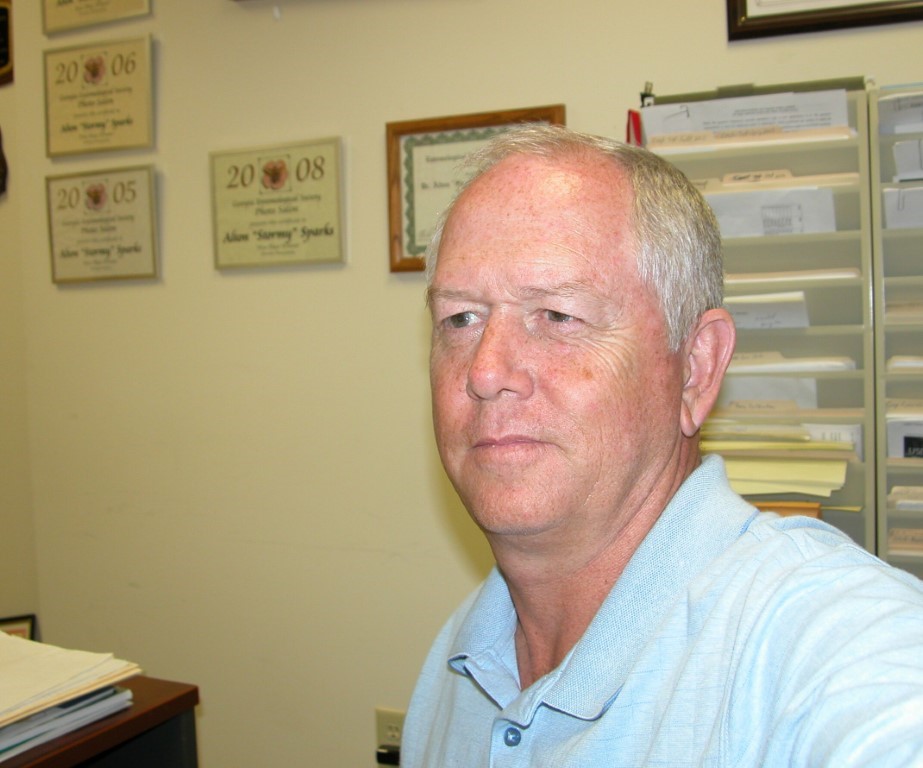By Clint Thompson
First chlorpyrifos. Now, potentially, all organophosphate pesticides. What’s the next resource that the Environmental Protection Agency could be petitioned to take away from specialty crop producers?

“At some point it becomes a threat to the food supply,” said Stormy Sparks, University of Georgia Extension vegetable entomologist. It’s a concern for Sparks, who believes carbamates could be next. That could spell doom for the pepper industry.

“The next issue will be, they got chlorpyrifos for the reasons that they got it. Now they’re saying that if chlorpyrifos is bad, all organophosphates are bad, because they all have the same mode of action. Carbamates, which is vydate, lanate, also have the same mode of action. If they’re successful in taking out all organophosphates, I have very little doubt that carbamates would be next,” Sparks said. “If you take out vydate, we will not have a pepper industry in Georgia. It is one of the key products for pepper weevil control.”
The ban on chlorpyrifos impacted peach, onion and sweet potato producers. A potential ban on organophosphates would impact all vegetable growers. The EPA was petitioned to revoke all tolerances and cancel all registrations for food uses of most organophosphate pesticides. This includes diazinon, the last broad spectrum soil insecticide in vegetables.
Growers have until Sunday, Sept. 25 to make comments to the EPA regarding this potential ban.
“The main thing is organophosphates are broad spectrum. We’ve got things that will replace specific uses, but if you’ve got two or three pests, you’re basically looking at organophosphates. You might be able to use pyrethroids in some situations, but you don’t want to put all of that pest pressure on pyrethroids, either,” Sparks said. “I figured diazonon was going to be next after they got chlorpyrifos. I didn’t think they’d go after all of the organophosphates at once.
“(With broad spectrum insecticides) You don’t have to put out three or four products to control three or four pests. A lot of these newer chemistries are safer and highly effective. But some of it is very selective also.”









